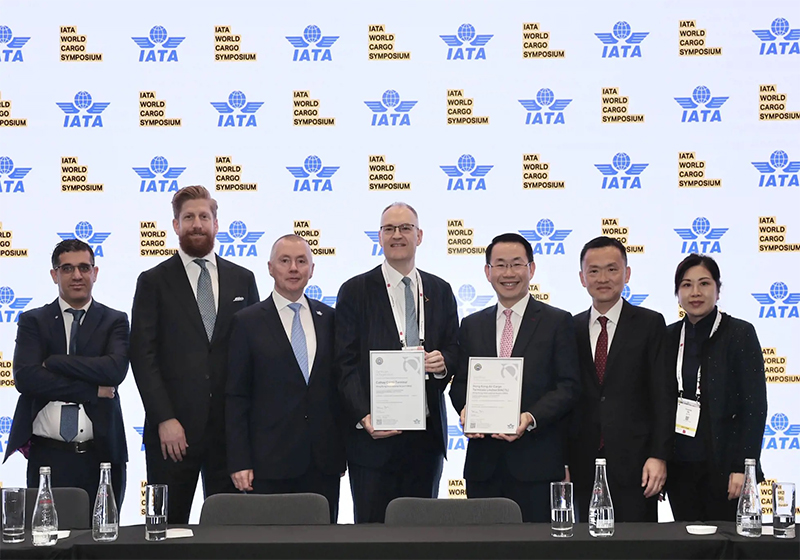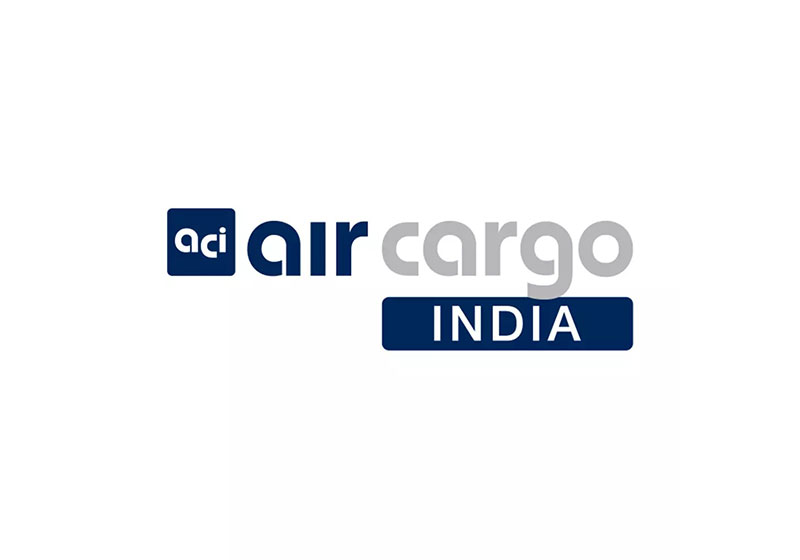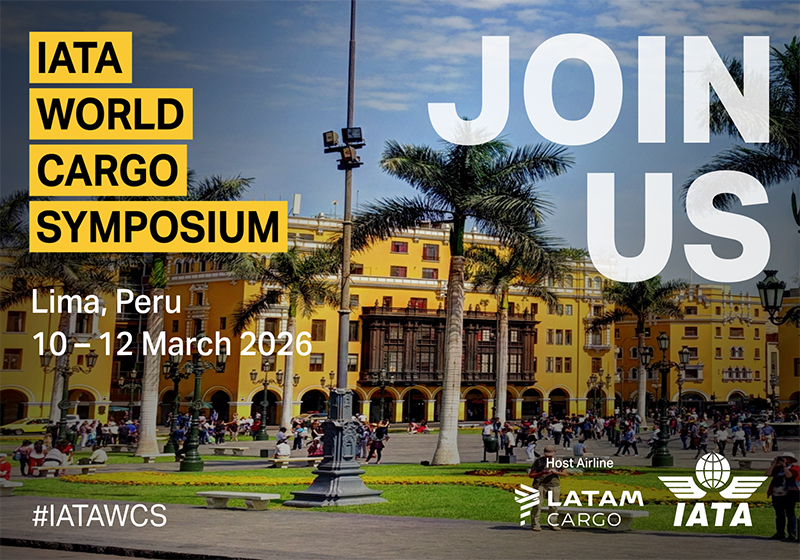The International Air Transport Association (IATA) conducted a comprehensive review of digitalization, safety, and sustainability during the IATA World Cargo Symposium in Hong Kong. Brendan Sullivan, IATA’s Global Head of Cargo, emphasized the industry's commitment to ensuring efficient, safe, and environmentally conscious air cargo growth, aligning with the goal of achieving net-zero carbon emissions by 2050.
Digitalization:
- Progress in digitalization is real, replacing paper-based processes with digital solutions in cargo operations.
- Highlighted areas include seamless sharing of digital information through the adoption of the ONE Record standard, digitalization of customs and trade facilitation processes, and improved shipment tracking.
- Brazil's implementation of IATA's digital standards reduced cargo release times from 5 days to 5 hours, showcasing significant efficiency gains.
Safety:
- Safety is paramount to air cargo's success, with an impressive safety record in 2023.
- Emphasis on the safe transport of lithium batteries, including initiatives such as a test standard for fire retardant shipping containers and guidance for operators dealing with e-commerce shippers using the postal system.
- Updates to Annex 18 of the Chicago Convention were highlighted for global adoption, clarifying responsibilities for handling dangerous goods.
Sustainability:
- Airlines and shippers express strong demand for Sustainable Aviation Fuels (SAF), expected to contribute significantly to achieving net-zero carbon emissions by 2050.
- Challenges in supply remain, with calls for production incentives globally, citing successful examples from Japan, Singapore, and the US.
- Initiatives like CO2 Connect for cargo and the IATA Environmental Assessment (IEnvA) support industry organizations in positively impacting sustainability.
Brendan Sullivan emphasized the industry's commitment to change for a more efficient, safer, and environmentally friendly future, striving to meet the net-zero carbon emissions target by 2050.





